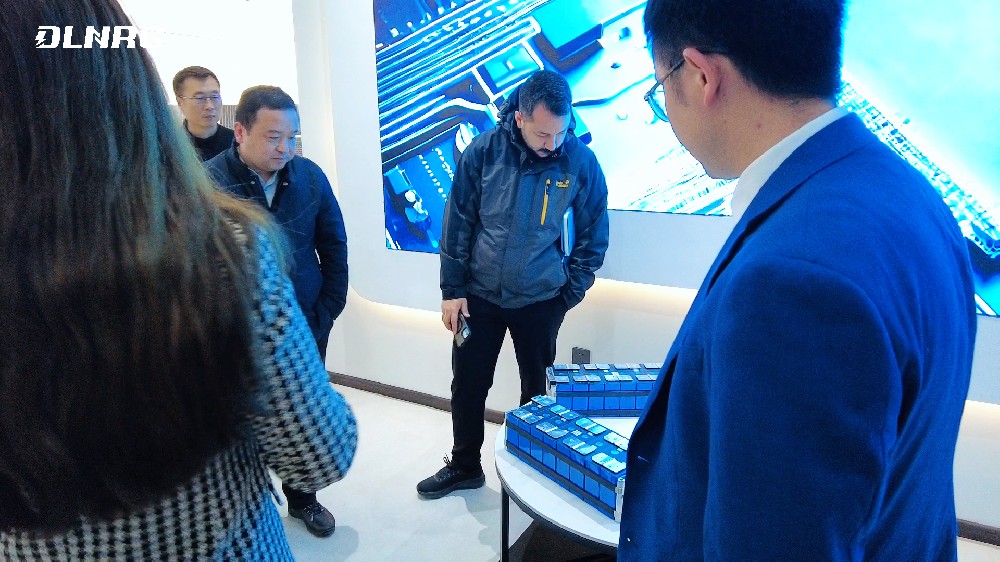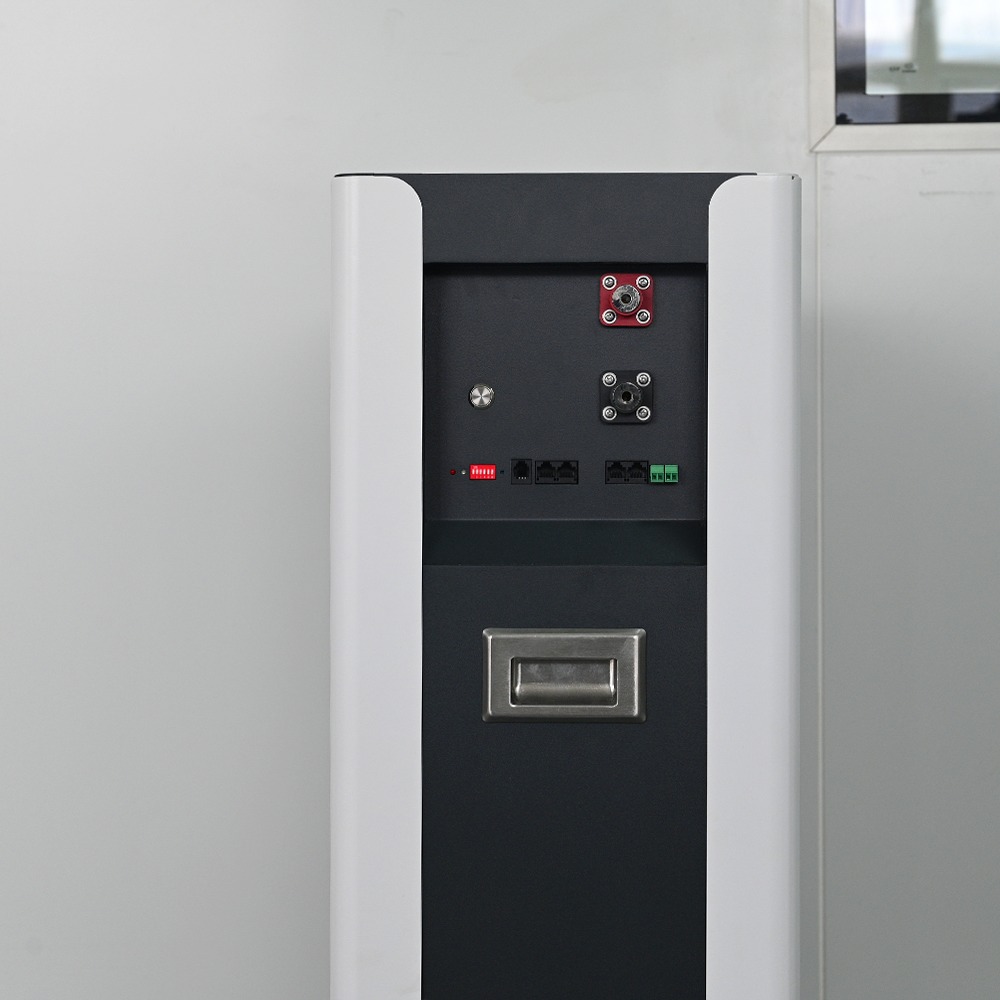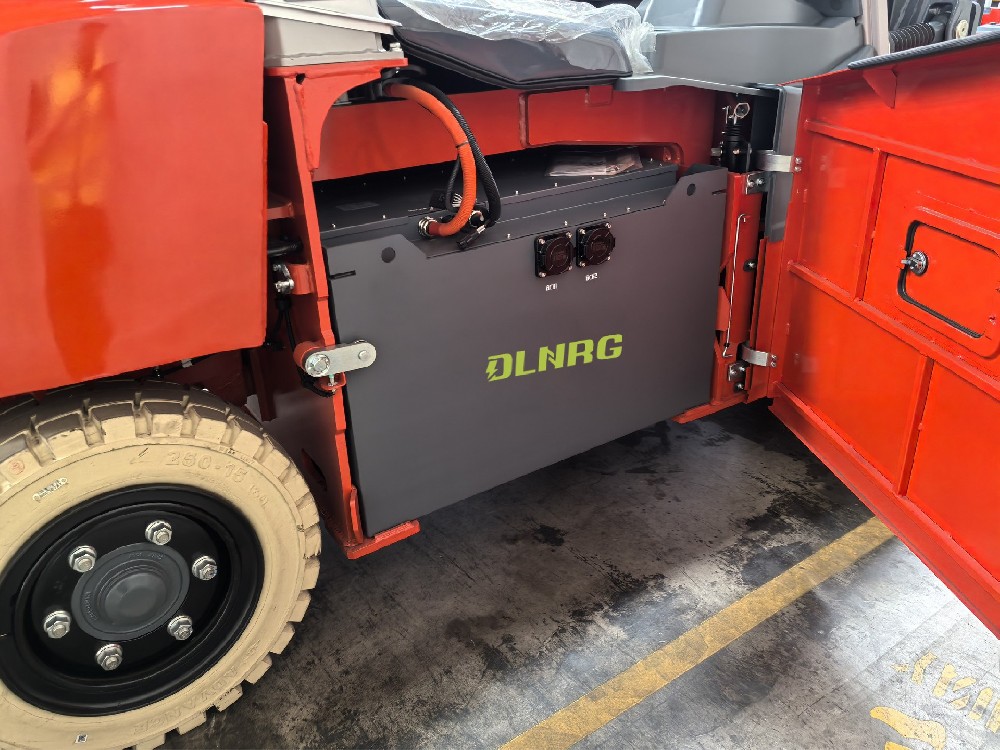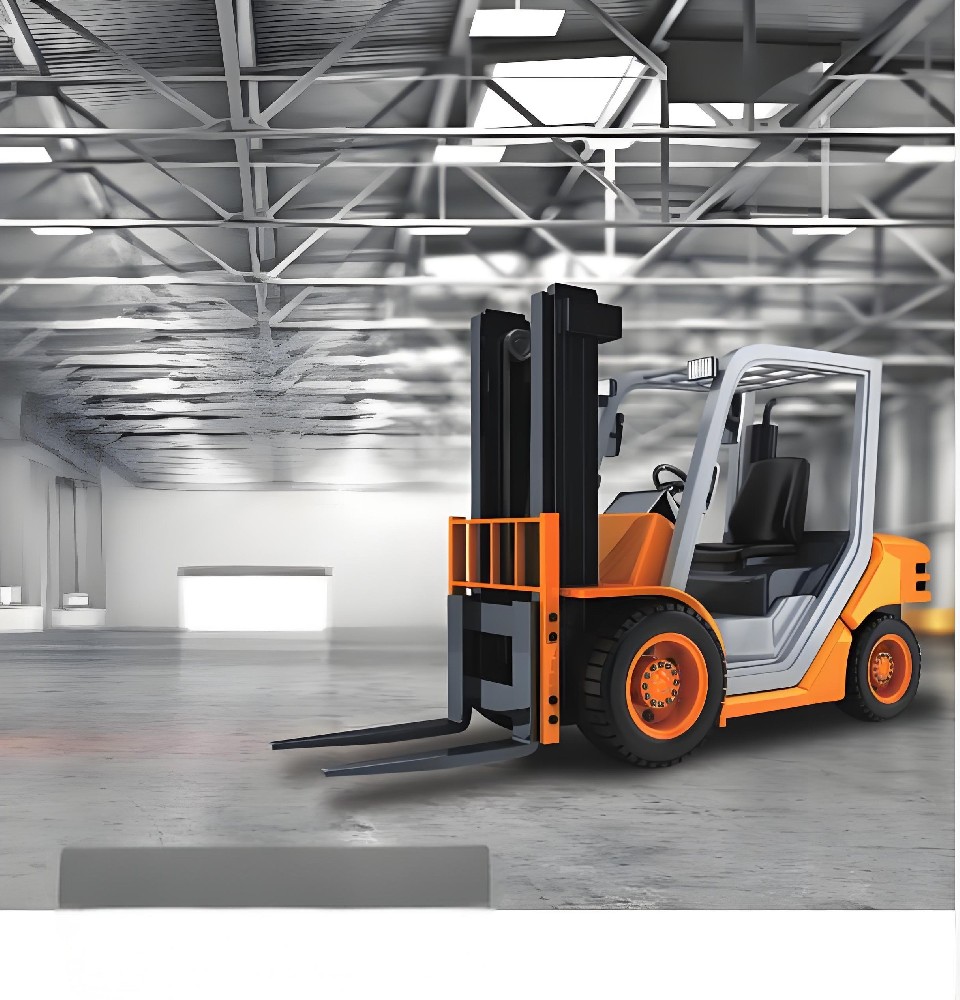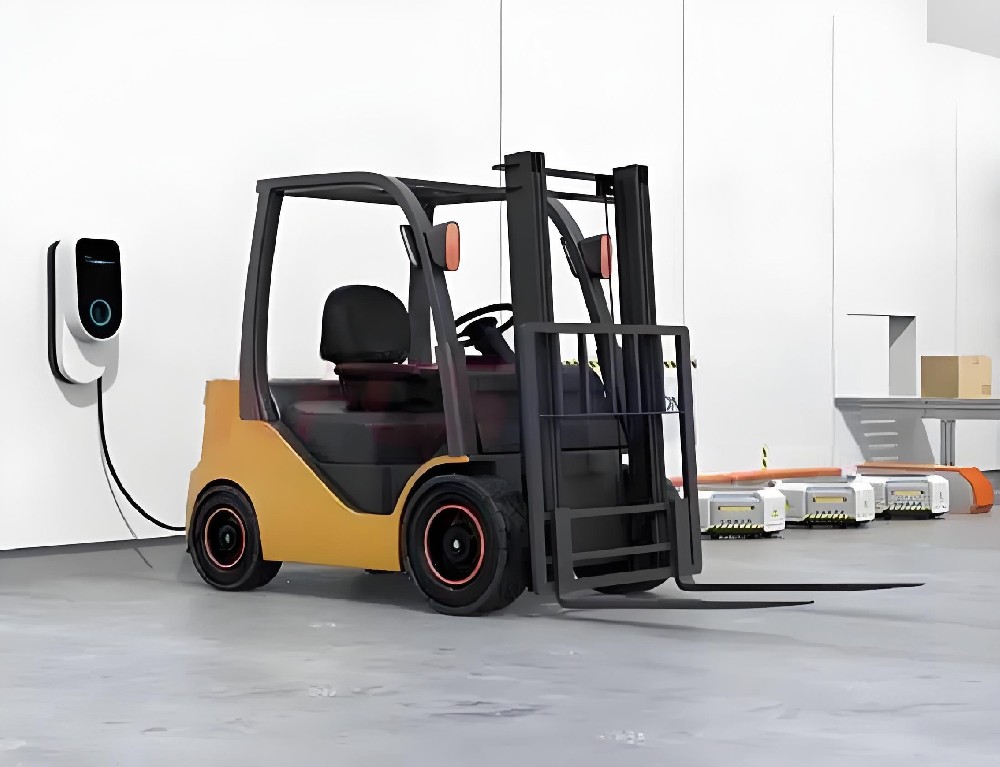As more businesses move towards using electric forklifts, lithium batteries have become increasingly popular for their many advantages. Compared to traditional lead-acid batteries, lithium batteries offer longer life, faster charging, reduced maintenance needs, and significant cost savings over time. However, proper maintenance ensures maximum performance, longevity, and safety. This article will explore essential maintenance tips specifically for lithium forklift batteries.
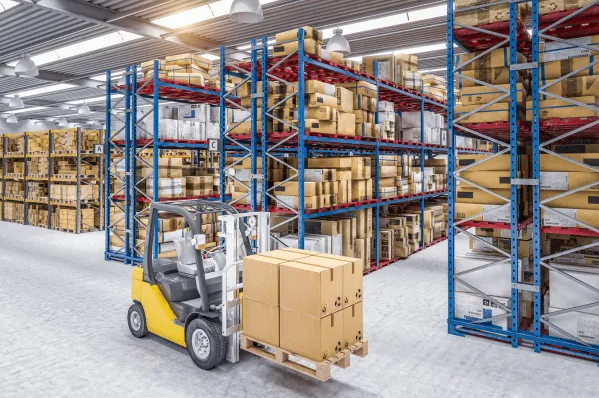
1. Ensure Correct Installation
Before putting your forklift battery to work, it’s crucial to ensure it is correctly installed. Improper installation can cause battery damage, inefficiency, and potential safety hazards. Make sure the battery connections are clean, secure, and properly tightened. Additionally, confirm the battery is the correct size and capacity for your specific forklift model.
2. Regularly Monitor Temperature
Lithium batteries are sensitive to temperature changes. High operating temperatures can impact battery performance, increase degradation, and pose safety risks. Ensure the work environment is well-ventilated and monitor temperature levels frequently, especially during hot seasons or when operating in high-temperature areas.
3. Schedule Regular Inspections
Even though lithium batteries require less maintenance than their lead-acid counterparts, performing regular visual inspections is still crucial. Check the battery for visible damage, leakage, swelling, or loose connections. If you notice any of these issues, remove the battery from service and consult a professional to address the problem immediately. 4. Keep the Battery Clean
Maintaining a clean battery helps ensure optimal connectivity and extend life. Avoid build-up of dirt, grease, and debris on the battery terminals. Regularly clean the terminals with a soft, lint-free cloth and a suitable contact cleaner. Additionally, inspect and clean the battery casing to remove any contaminants.
5. Properly Charge Your Battery
Proper charging is essential for lithium batteries to maximize their life and efficiency. Always use the recommended charger that meets your battery’s specifications. Avoid overcharging and completely depleting the battery. Most lithium batteries have a built-in Battery Management System (BMS) that protects against overcharging and other potential issues; however, adhering to the manufacturer’s guidelines is crucial to prevent any problems.
6. Avoid Overloading Your Forklift
Overloading your forklift can strain the battery excessively, affecting its performance and lifespan. Familiarize yourself with the forklift’s load capacity and never exceed the specified weight. This will help prolong your lithium battery’s life and maintain overall forklift efficiency.
7. Store in Proper Conditions
When not in use, store your lithium battery in a cool, dry, and well-ventilated area, away from direct sunlight or extreme temperatures. Improper storage can significantly reduce a lithium battery’s life and performance. If you plan to store the battery for an extended period, disconnect it to avoid self-discharging issues.
8. Keep Safety in Mind
While lithium batteries are generally safer than lead-acid batteries, it’s essential to prioritize safety in the workplace. Provide proper training for your staff regarding battery handling, maintenance, and emergency procedures. Additionally, have safety equipment, such as protective gloves and eyewear, available for the team when handling lithium batteries.
In conclusion, properly maintaining your lithium forklift battery is essential to maximize its performance, life, and safety. By following these tips and consulting the manufacturer’s guidelines, you can enjoy the numerous benefits of using lithium batteries in your forklift operations.
9. Battery Management System (BMS)
A crucial part of maintaining the longevity and performance of your lithium forklift battery lies in its Battery Management System. This system monitors and regulates the charging and discharging process, maintaining appropriate voltage and temperature control. Therefore, regularly reviewing the BMS and promptly addressing any alerts or issues is vital for battery health.
10. Use Certified Repair Services
Always use a certified repair service if your lithium forklift battery experiences issues. Grenade fixing can lead to further damage, affecting your battery’s lifespan, efficiency, and safety. An accredited repair service possesses knowledge of lithium battery technology and can properly diagnose and fix the problem.
11. Maintain a Regular Maintenance Schedule
Sticking to a regular maintenance schedule can help spot potential problems with your lithium battery before they escalate. Inspections may vary depending on how often you use your battery. However, regardless of usage, you should visualize the battery at least once every couple of months.
12. Proper Disposal
When a lithium battery reaches the end of its life, it must be appropriately disposed of to minimize environmental impact and adhere to regulations. Lithium batteries should never be placed in regular trash or recycling bins, as they contain harmful substances. Ensure to inquire about your area’s battery recycling programs and certified disposal facilities.
13. Keep Batteries Cool During Charging
Excessive heat during charging can impact lithium batteries, causing them to degrade prematurely. Therefore, you should ensure batteries are charged in a relaxed and well-ventilated area.
Additionally, consider taking advantage of opportunity setting (short, regular charging periods during breaks) — this helps spread out the heat generation and can prolong battery life.
14. Regular Software Updates
Many lithium forklift batteries come equipped with intelligent technology that requires software updates. These updates often include enhancements to the battery’s operational efficiency or safety. Ensure your battery’s firmware is routinely updated to support its optimal performance.
Remember, the above maintenance tips for lithium forklift batteries aim to promote battery longevity, ensure safety, and maximize operational efficiency. Effective battery management will also contribute to cost savings and increased productivity in your operations. Should you require additional advice tailored to your specific circumstances, don’t hesitate to engage professionals or consult your forklift battery manufacturer.
15. Protective Equipment
Even with lithium batteries being generally safer than their lead-acid counterparts, wearing appropriate protective equipment during battery maintenance is still just as important. Essential safety equipment includes insulated gloves, safety goggles or face shields, and acid-resistant aprons. These measures are necessary to prevent battery acid contact, which can lead to severe injuries.
16. Careful Handling
Lithium batteries, despite being sturdy, are not entirely immune to damage. Physical damage can cause internal faults that may reduce battery life or cause safety issues. Handle all batteries with care, especially during installation and removal. Moreover, ensure workers are adequately trained on lifting and carrying batteries safely to prevent drop-related damage.
17. Keep Batteries Dry
While cleaning your battery is essential, it’s also crucial to keep your battery dry. Exposure to moisture can lead to premature failure and potential safety risks. Always check for signs of wetness or corrosion during your regular inspections.
18. Purchase Quality Batteries
Finally, one of the best ways to decrease maintenance needs and prolong battery life is by investing in high-quality lithium batteries in the first place. These batteries have higher design, materials, and quality control standards, require less maintenance, and offer a longer life span than cheaper alternatives.
19. Follow the Manufacturer’s Guidelines
Different manufacturers may have specific maintenance recommendations for their products. Always refer to the manufacturer’s guide provided with the forklift battery. These guidelines are based on the particular design and materials used in the storm, providing the most accurate instructions.
20. Regular Training
Ensuring that all team members who come in contact with the forklift and its batteries are adequately trained is paramount. The users must be aware of the specific characteristics of lithium batteries, safety procedures, maintenance requirements, and emergency response measures. Regular training helps maintain a safe and efficient work environment.
In conclusion, just like any piece of equipment, proper care and attention are essential for maximizing performance and the lifespan of lithium forklift batteries. By adhering to these tips and guidelines, you can ensure that your fleet of electric forklifts remains operational, efficient, and safe. With the right approach, the rewards of switching to lithium forklift batteries can be enormous, offering durability, productivity boosts, and operational savings.
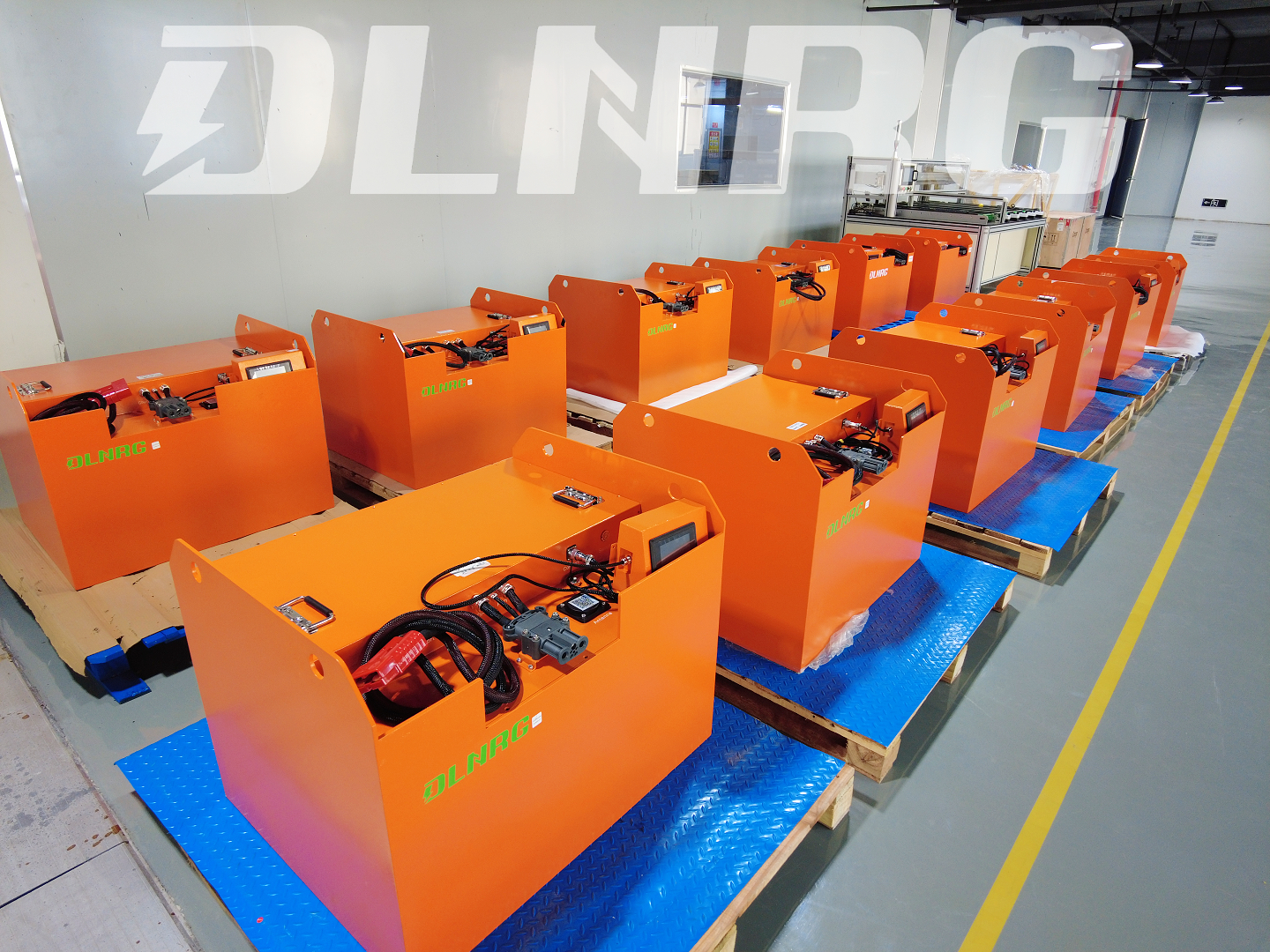
Conclusion
Investing time and effort in proper lithium forklift battery maintenance is a significant aspect of efficient and safe operations. It not only prolongs the battery’s useful life but also maximizes performance, reduces long-term operational costs, and enhances safety in the workplace.
Remember, the key to effective maintenance lies in regularly scheduled check-ups, diligent care during charging, discharging, and handling, and being responsive to the signs of potential issues. Equip your team with the requisite knowledge and training to handle these.
As lithium batteries continue to shape the future of industrial operations, organizations that grasp how to adequately maintain these energy powerhouses stand to reap significant productivity and efficiency benefits.
